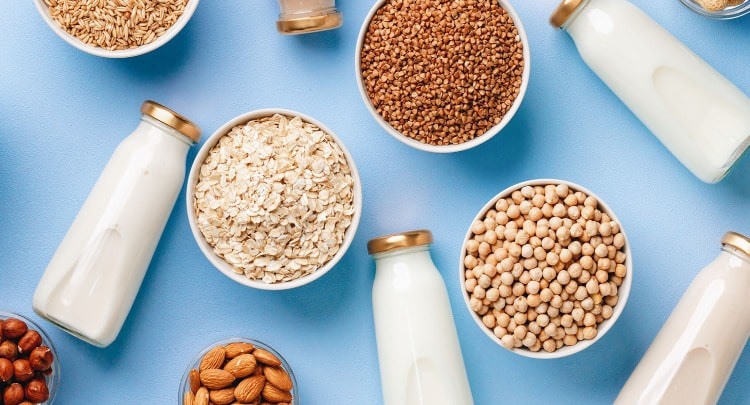Plant Based Milk Certification
What is Plant Based Milk?

Studies show that plant-based milks are more sustainable and have a lower environmental impact than animal milk. So whichever plant you choose for plant-based milks, you make a choice that uses less water, less land, produces less pollutants, and results in a lower carbon footprint.
Generally, there are three main types of herbs from which we can make plant-based milk:
Nuts and seeds: almonds, coconut, cashews, hazelnuts, Brazil nuts, tiger nuts, walnuts and sesame.
Cereals: rice, oats, millet, barley, buckwheat, spelled, quinoa and hemp.
Legumes: soy, peas and chickpeas.
With vegan diet, it is important to take foods that are not taken from dairy products in other ways. For this reason, most herbal milks are fortified with various vitamins and minerals.
Bean milk, such as peas, chickpeas, and soy, has protein levels of about 2-3.5 mg per 100 ml, close to animal milk.
Hazelnut milk ranges from 0.5 - 1.0mg per 100ml, but oat milk is only 0.2g and rice and coconut are almost nonexistent.
It is stated that men should consume 55.5 grams of protein and women 45 grams daily. Since a balanced diet is as important as adhering to veganism, adding important nutrients such as protein to plant-based milk is a preferable method.
CLICK HERE TO GET A PRICE OFFER.

